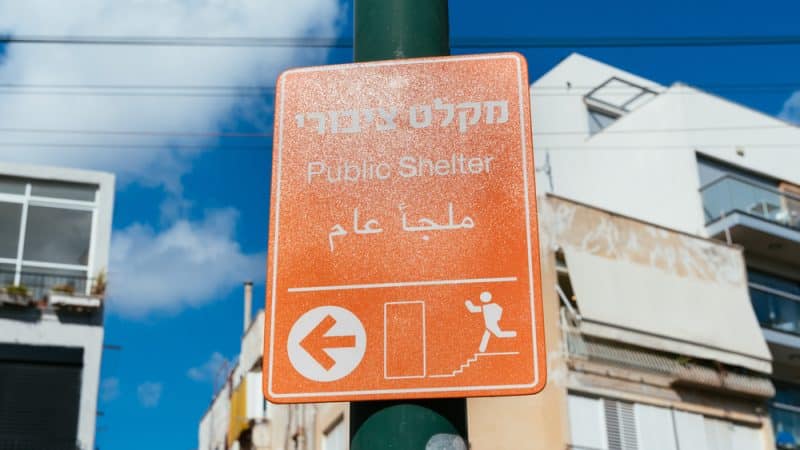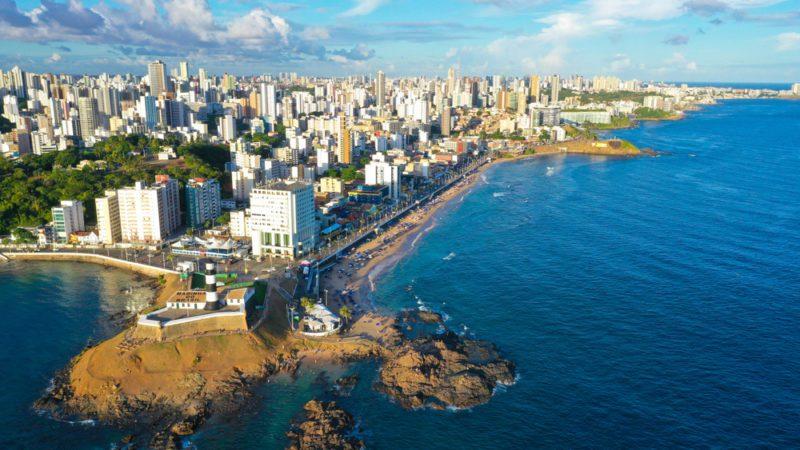Developers Protesting a Planned Tax on Property Values to Help Fund Tel Aviv Metro

The planned Tel Aviv metro system is considered the most complex infrastructure project in the history of Israel and it will obviously require a lot of funding.
Half of the funding of the planned metro system will be drawn from the expected increase in the values of land and homes in locations that are near the Tel Aviv light rail system.
This will be accomplished through a stipulation to the Metro Law and building industry professionals are protesting against it.
The protest
The Israel Builders Association led a group of developers, construction companies and contractors to file a petition earlier this month with the High Court of Justice.
The petition demands a change in the staggering betterment levy of 75% on the expected rise in the value of properties of homeowners living within a distance of 800 meters of the 100 metro stations that are planned.
The Finance Ministry will take 35% of the levy, while the 40% will be given to relevant municipal authorities.
The tax is considered a reflection of the capital gains associated with the re-development or sale of real estate assets under the huge infrastructure project.
The Tel Aviv metro project will deliver important public transport connections and urban renewal all over Israel.
The demand
The petition submitted by the group was aimed at asking the court to reduce the tax substantially, or cancel it altogether.
They have argued that the basis for imposing it is flawed because it penalizes people who own properties close to the locations chosen for metro stations.
Most importantly, it does so even before any construction and regardless of the uncertainties that are associated with the construction of the metro network.
There had been wide support for the Metro Law and it had been able to clear its first Knesset reading, but the aftermath of the collapse of the previous government saw it become a victim of politicking.
The metro law that was introduce with the 2021-2022 budget already included planning and funding for the metro system.
However, it did not address the various legal and bureaucratic problems that would also be part of the construction of the metro.
The Metro Law
This week, the Metro Law moved forward in the Ministerial Committee on Legislation before its second and the third and final Knesset reading.
If the law is approved, it will give rise to an oversight and funding mechanism required for beginning the metro project, which is expected to cost around NIS 150 billion.
It should be noted that the cost of infrastructure projects often balloons up over the years. The metro plan dictates the construction of track of 45 kilometers and a total of 31 stations for the M1 south line.
These will connect areas like Tel Aviv, Rishon Lezion, Rehovot, Ramat Hasharon, Holon, Be’er Yaakov, Ness Ziona and Lod.
The M3 is another line that will have a track of 39 kilomters and 25 stations meant to connect Tel Aviv, Ramat Gan, Holon, Petah Tikva, Bat Yam and Or Yehuda.



